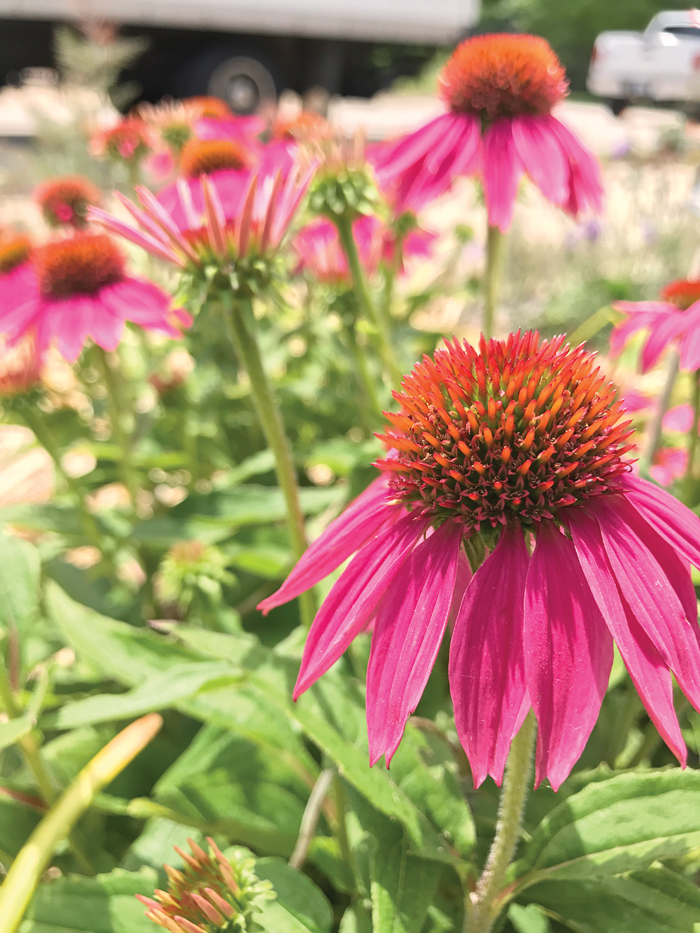Pollinator Paradise: Bees, ladybugs and the plants they like
Published 12:00 am Friday, June 16, 2017

- Submitted photo Coneflower is a favorite of the birds and the bees and can grow almost anywhere.
By Olivia Horning
N.C. State University Intern
If you enjoy the wide variety of fruits and vegetables available in the grocery store, thank a pollinator. What is a pollinator? They are living creatures that move pollen from flower to flower, allowing pollination to take place, producing seeds and fruit.
So instead of swatting a bee buzzing in your ear, let’s plant a home for it. Pollinators are not only bees, but beetles, butterflies, and even birds.
The Cooperative Extension will be hosting a free workshop, How to Build Your Own Pollinator Paradise at Godley’s Garden Center, 2281 Statesville Blvd., on Thursday, June 29, from 11 a.m. to 1 p.m. Lunch is free with registration. Call the office to register.
You’ll learn about what specific plants work best in a pollinator garden and how to attract the pollinators and keep them returning. If you have vegetable plants, the pollinator garden can increase vegetable production by drawing pollinators to your property.
According to a group known as Pollinator Partnership, 75 percent to 95 percent of all flowering plants rely on pollinators for pollination. This includes fruits and vegetables, too, as large fruit tree orchards will have bee boxes placed in the orchard to pollinate the crop, identical to the white rectangular honey bee hives for honey production that many homeowners choose.
Another component of pollinator gardens are the beneficial insects that they attract. Beneficial insects are desirable bugs that will act as predators toward the harmful insects that can damage your plants. For example, ladybugs are beneficial insects and will consume aphids, which multiply very quickly and can take over the plant. Did you know that according to the North American Pollinator Protection Campaign, North America has 350 different species of ladybugs?
Not only will a pollinator paradise attract pollinators and beneficial insects but they can be planted anywhere. Flowering plants make excellent habitats for pollinators and can even be planted near parking lots or roadsides, like the purple cone flowers pictured. Your very own pollinator paradise can brighten a landscape, as well as increase our pollinator populations, a win-win.
To register for the How to Build Your Own Pollinator Paradise workshop, call 704-216-8970 or go to go.ncsu.edu/pollinatorparadise.



